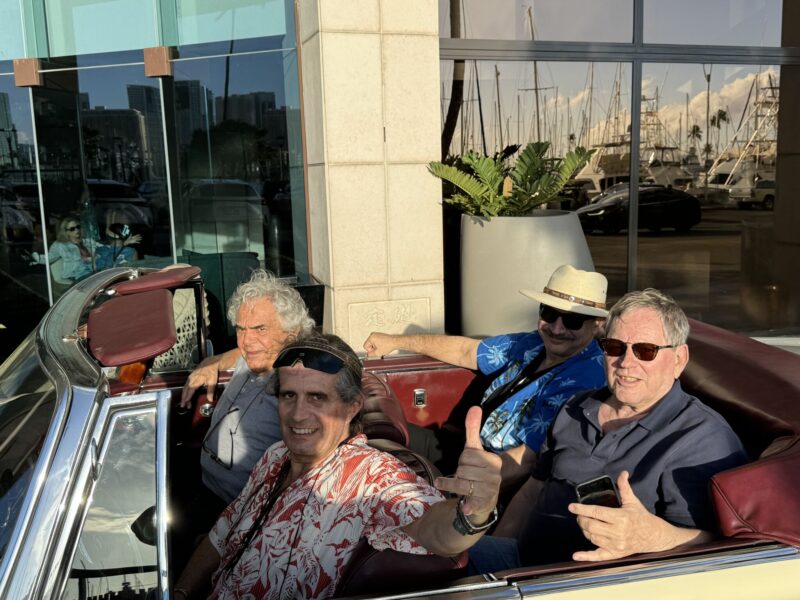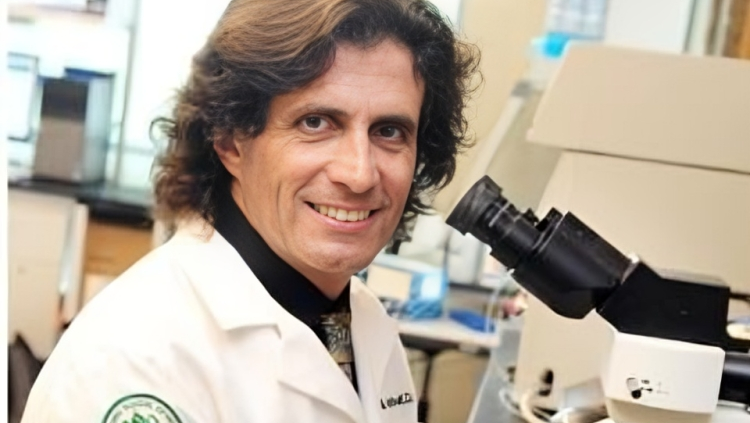Michele Carbone, Director of Thoracic Oncology Program at the University of Hawaii Cancer Center, recently shared on LinkedIn
“Giving a ride to Carlo Croce, Bruce Beutler and Web Cavanee.
Carlo Croce discovered that chromosome rearrangements lead to the activation of endogenous “proto-oncogenes.” He discovered multiple gene translocations responsible for various hematological malignancies and provided the first evidence of the involvement of noncoding RNA genes in the pathogenesis of human cancer, chronic lymphocytic leukemia (CLL). His work led to targeted therapies for lymphomas and leukemias that have and are saving or at least prolonging life to thousands of patients.
Web Cavanee demonstrated the existence of tumor suppressor genes. Studying retinoblastoma he discovered that was caused by the inactivation of a tumor suppressor gene, the Rb gene, and that similar events occur in a wide variety of human cancers and that such information can be used to predict disease occurrence. His research opened the new field of “tumor suppressor genes” whose inactivation cause cancer -i.e., BRCA1, BRCA2, TP53, BAP1, etc-, which in turn led to preventive therapeutic approaches for people affected by tumor predisposition syndromes saving thousands of lives
Bruce Beutler won the Nobel Prize in 2011 for having discovered how natural immunity works. He also discovered the tumor necrosis factor (TNF) and its role in regulating the inflammatory response and developed the first drug to block TNF activity that saved lives and improved the quality of life of thousands of patients affected by various inflammatory diseases, including rheumatoid arthritis, psoriasis, Crohn’s disease, ulcerative colitis, etc.
This is what medical research should be about: facts, impactful transforming research that opens new horizons and improves human life. This is the type of research that can convince governments to invest in medical research.
When instead we substitute facts with surrogate end points of questionable value, such as grant funding, number of publications, number of citations, H-index, etc., we do a disservice to the whole research community because surrogate endpoints will not convince governments to fund cancer research: this is , in my view, one of the main reasons we cannot get politicians to fund medical research, we give them BS instead of facts.”

Source: Michele Carbone/LinkedIn


